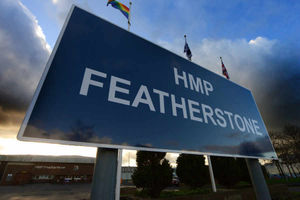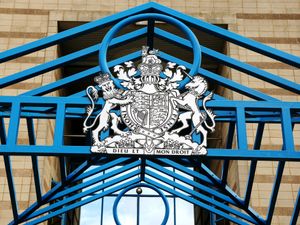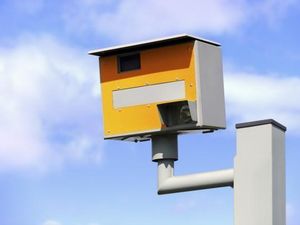HMP Featherstone inmates ASK to be locked up because they do not feel safe
Featherstone prison is rife with drugs and violence with prisoners locking themselves up for months on end to escape it all, it can today be revealed.

An unannounced inspection by the prison inspectorate has laid bare the failings of the prison, with 'very high' levels of violence and 'widespread' drug use.
Other findings include prisoner's showers in a 'disgraceful condition', inmates struggling to get access to 'basic essentials' including clean sheets and being forced to live in 'dirty' cells with poor ventilation.
Peter Clarke, the chief inspector of prisons, said there had been a 'shocking worsening in standards' at the South Staffordshire jail since it was last inspected in 2013.
The Ministry of Justice, which runs the prison, described the decline as 'unacceptable'.
The biggest concern raised by Mr Clarke and his team was that of drug use and its links with violence and self-isolation.
[related_posts title="More on Featherstone"
Around two-thirds of inmates told inspectors it was easy to get drugs, while more than one-fifth said they had developed a drug problem whilst staying in the prison.
The prison inspectorate described the second figure as 'worryingly high' as it criticised the prison for doing 'too little' to reduce drug supply.
Psychoactive substances, previously known as legal highs, were identified as the key cause of the drug problem in the prison.
The report said: "The widespread use of new psychoactive substances was posing a significant threat to the health and safety of prisoners. The prison was not monitoring the full extent of the problem and did not have a strategy or action plan to reduce drug availability."
In turn this problem has led to a considerable increase in violence, the report added, with violence against staff increasing the most.
More than half of the inmates said they had felt unsafe in the prison during their sentence, while levels of violence and intimidation were recorded as 'very high' and 'often related to drugs and debt'.
A total of 37 per cent of prisoners said they felt unsafe at the time of the inspection, compared to just 15 per cent during the 2013 inspection.
Some prisoners felt so unsafe in the prison they resorted to self-isolation, asking to be locked up for nearly 24 hours a day. In some instances this lasted for months.
Inmates resorted to this as they were 'living in fear' because, in most cases, they had got into debt over drugs. They told inspectors they could not access showers, exercise, food or work without fear of repercussion.
These prisoners would spend almost their entire day without any meaningful contact while fellow inmates would come past shouting abuse at them, spitting at their cell door and in some cases urinating under it.
The MoJ said the report's findings 'reflect the real pressures the system has faced over the last few years' but that its new Prison and Courts Bill would help to turn things around at the Category C jail.
The report comes days after ministers unveiled a package of measures to reform jails and drive down re-offending.
Michael Spurr, chief executive of the National Offender Management Service, said: "The deterioration in performance at Featherstone isn't acceptable but reflects the real pressures which the system has faced over the last few years.
"The Government have set out a clear plan for reform in the Prison and Courts Bill laid before Parliament last week, including investing over £100 million to provide 2,500 additional prison staff. This will make a difference."




